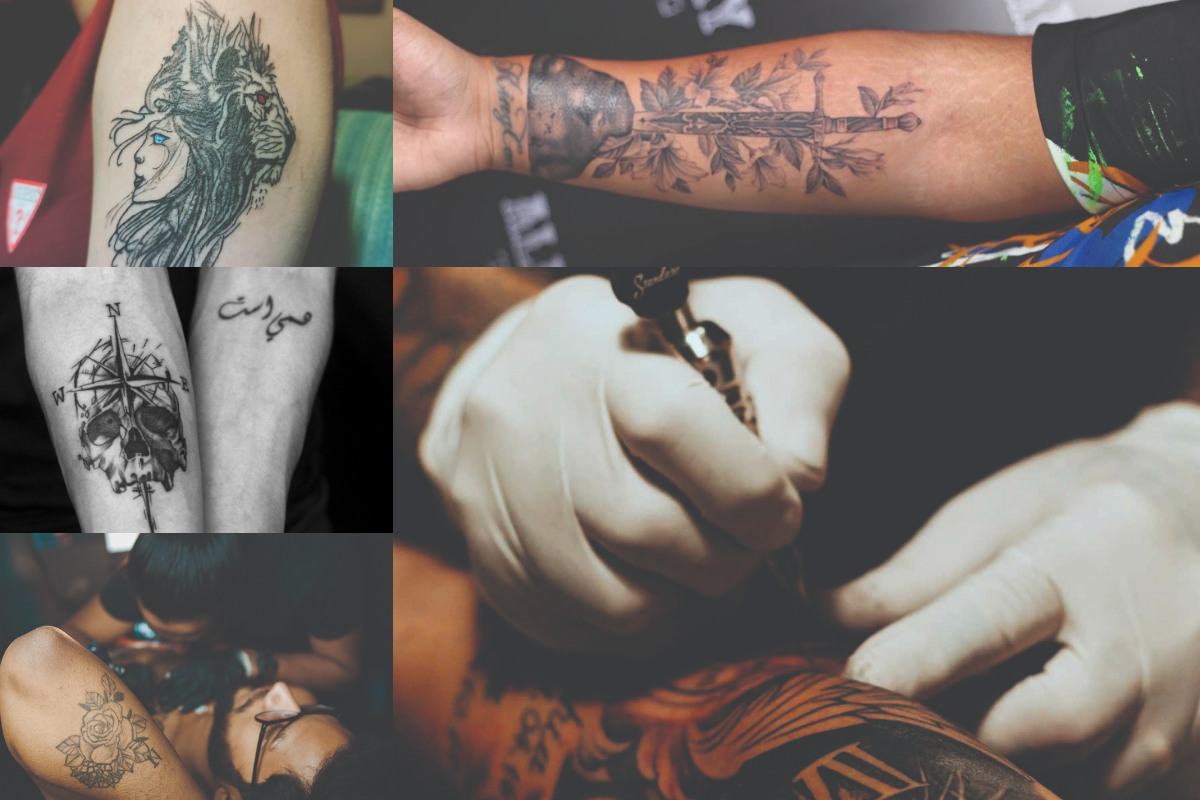
As a Universal form of expression, some form of body art through the use of ink, is practiced throughout the world by various cultures. Although a relatively more recent phenomenon here, tattooing has a presence in Pakistan as well. However, the origin of ‘tattoos’ and the meaning of the word itself is a mystery to most of us. Let’s shed some light on this.
Tattooing is an ancient art, but the word ‘tattoo’ entered the English language only a few centuries ago and has two separate meanings, with differing origins. In present times, we usually refer to ‘tattoos’ as body art, which is a permanent mark or design on one’s body, made by depositing pigment beneath the surface of the skin. This originates from Polynesian languages. However, less commonly, ‘tattoo’ also refers to a rhythmic tapping that was historically used to summon soldiers to their quarters. This originated in The Netherlands. Two words from completely different origins, converged into a single word in English – ‘tattoo’. It is believed that Captain James Cook first introduced these words into the English language in the mid-18th century after an expedition to Tahiti where he witnessed beautiful body art on the locals.



It is incredible to see how different cultures around the world view tattooing. In many cultures they are seen as a symbol of purity, they can be a rite of passage, ensuring societal acceptance, they may be a means of being viewed as aesthetically pleasing or they may also represent a religious ritual. Japan and Egypt for example, used some tattoos as protective symbols, while Samoa used certain tattoos to denote a person’s rank (Kearns). In America, in the big cities especially, the majority of people getting tattooed today, don’t attach any cultural meaning to their tattoos. Similarly, in Pakistan they are largely seen as a form of art and self expression.
The Social Connotations
While body piercings such as those for nose rings and earrings are widely seen and accepted in Pakistan, when it comes to tattooing, there is still controversy attached to this form of body art. The elite and upper middle class of the country seem to be quite open to tattooing. The question arises, is it a risk to get a tattoo in Pakistan?
Duaa Sameer Malik, a 22 year old student and filmmaker from Lahore who took the bold decision to get a tattoo, doesn’t regret it for a minute. “When I got my tattoo, I always knew that people would have opinions regarding it which would not be very pleasant to hear at times but it never affected me whatsoever. I believe that Allah is the greatest and the most merciful and no one else has the authority to decide for me.”, she explains. According to Islamabad based rapper/ producer/ singer/ songwriter Mikail Murshed, the backlash you may face at home for getting tatted depends more on your background. “I don’t come from a very conservative background. I do come from a Muslim family but they aren’t the sort that will kick you out of the family or anything because you got a tattoo. It varies from person to person based on background. Mine is more liberal than most Pakistani people”, he says. Model Fatima Hira, hailing from Lahore, had to think about it a lot before getting tattooed as she feels most people in Pakistan are very conservative. “My family was chill about it so I got tattooed. It’s getting more and more common but even now at times I might have to cover my tattoos up in front of older people because of their views on them. With time that’ll probably change too”, she feels.


Sheroz John of Ink Grail Studio in Islamabad is a self taught artist and got connected with tattooing because of the style of art it represents and the interesting people he gets to meet through this line of work. He feels human beings have differing mindsets and if certain people look down on tattoos that is their personal perspective and thinking, which is perfectly fine. “I don’t force anybody to get a tattoo. Sometimes people come in with very eccentric ideas and I tell them straight out don’t get that done, you don’t need it. Tattoos also help in some medical cases where we can cover up scars, such as self harm scars and skin conditions”, he says. He believes that micro blading and scalping both follow the same process as tattooing because the same equipment is being used. “So if you look down on tattoos you should be looking down on all these things as well. People just don’t trust the concept of tattoos and that makes no sense if they are ok with micro blading, scalping etc.”, says Sheroz John.
Tattoo Artist Zohaib Amjad is Owner of Pitch Black Ink in Lahore who in May 2010 left the Pakistan Army after serving for 5 years and took up tattooing as a profession. He inadvertently became a tattoo artist after the first and only tattoo artist to exist in Pakistan back then, Naveed Saab, decided to retire. Zohaib felt it a responsibility to make sure the art does not die out here. Naveed Saab’s expertise was passed on to Zohaib who was trained by him. Zohaib believes that since the evolution of mobile technology, people have become more peaceful towards any controversy. “I personally never tried in my whole experience to convince anyone about tattoos because I have always been a part of the lot who wanted to get tattoos. I simply share the philosophy of tattooing with them on a personal level. I respect everyone’s opinion and what I have found is that a large number of people here in our country like tattoos. It’s all due to the availability of social media”, he explains.

But Why Get Them?
There’s a psychological angle to all this. According to practicing therapist Sakib Chishti, when people get tattoos, it in a way gives them a voice because their tattoos communicate on their behalf without them having to actually speak. “These people I believe want some kind of attention and may also lack confidence in daily life”, he explains. On the other hand some people have certain memories attached with their tattoos which give meaning to their body art. Sakib feels at times people may also get addicted to the pain associated with getting tattoos and like inflicting that pain on themselves as a form of self harm. “When people get their whole bodies tattooed it may be because they faced some sort of body shaming and their tattoos become a camouflage of sorts for them, which they hide behind”, says Sakib. This concept can be compared with people who do a lot of make up to hide behind a ‘mask’.They don’t want people to see the real them. People with low esteem may get tattoos to feel more confident and look cooler to the outside world. Some kids may use getting tattooed as a form of rebellion against limitations placed on them by society, parents or the like.

Not everyone who gets tattoos falls under the above mentioned psychological rationalization though. For Duaa Sameer Malik her cat tattoo is close to her heart as she loves animals, especially her cat. “Cats represent resilience. I sketched my tattoo specifically keeping in mind the love I have for my cat. I made roses around the cat’s face which represent beauty and nature”, she says. For Mikail Murshed tattoos have always resonated with him from an artistic point of view, depending on the style. “There are a lot of art styles which I don’t like. I don’t like colored tattoos, I like black and grey”, he clears. As far back as Mikail can remember he has always wanted a tattoo. “For me it’s an artistic kind of thing. I like the idea of body art. My tattoo does have a significant meaning to me. I think in this day and age it’s so much more common to have a tattoo that doesn’t have to be super meaningful. You can just get a tattoo with no meaning”, he says.
Mikail’s arm tattoo carries a beautiful message. “My favorite cartoon growing up was Sword in the Stone. I love Arthurian legend generally. This tattoo signifies the sword being in the stone. It signifies the struggle of this kid Arthur who thought he wasn’t worth anything. Everyone’s trying to pull the sword out of the stone so they are hailed as the rightful king. All of a sudden came Arthur, someone who has been told that he isn’t anything, that he doesn’t have what it takes and has major confidence issues. He manages to take the sword out and therefore he is King”, recounts Mikail. Moral of the story: one’s internal dialogue and self talk might be a little negative at times and people might not believe in you, but that doesn’t really matter at the end of the day. Believe in yourself!

All the tattoos on Zohaib Amjad’s body are not only meaningful but depict his life journey and all he has endured. “One example is, when I completed my personal, spiritual, Sufi journey, I got a whirling dervish tattoo”, he says. Following his spiritual experience Zohaib’s perspective on tattooing totally shifted as he learnt about the law of energies and about the soul. It led to a shift altogether in his tattoo work and design. His famous saying is, “I tattoo your soul onto your body“. Now he spends some time reading the client’s soul aura to see if the design they want to get, is aligned with their soul. “If not, I refer them to other artists who do all kinds of commercial work. For me now tattooing is completely a spiritual transfer of energy, in design form”, he says. Zohaib feels in other countries people get a lot of meaningless designs because they want to cover up their bodies with ink. They want full arms and full backs etc. covered. Here in Pakistan people prefer to get less tattoos and usually small ones so they want them to be meaningful and have a philosophy behind them.
You Do Know It’s Permanent, Right?
Tattoos are permanent body art, which will last you a lifetime. Bypassing the first layer of skin (epidermis) ink is injected into the second layer of skin (dermis) and after about a week of healing, a new layer of top skin appears over the tattoo, which is now technically present inside your skin. “I think when you have a piece of art on your body and you look at it everyday you kind of get attached to it and if one day I feel like my tattoos don’t resonate with me anymore, they will still hold nostalgic value for me and will remind me how much I’ve grown/changed as a person”, says Fatima Hira.

The majority of people getting tattoos in Pakistan right now fall within the age group of 23 to 35, according to Sheroz John. “A good age to get a tattoo done is actually above 25 as you are focused in life, confident and clear about your career path. This is when you will know that you can handle getting a permanent tattoo. People who come in for tattoos have ideas which they want to express through art, which could be a design, a saying, a motivational word, or anything they resonate with. People also dedicate tattoos to their loved ones”, says Sheroz.
Yup! It’s Safe!
Getting a tattoo is completely safe today. “The tattoo supply industry has grown so big that we now get all equipment used for tattooing easily. Everything is disposable and used only once on a client. The inks are made of plant pigments and are fit for use on human skin, so it’s completely safe”, reassures Zohaib Amjad.

The practice of local tattooing in Pakistan has actually been around since thousands of years at Festivals (Mela) and at Shrines (Darbars). “Those tattoo artists have been using dollar ink for tattooing (not recommended at all!) and no one ever got infected. This is an extreme example but just to show that overall tattoos are completely safe”, reveals Zohaib.
Zohaib adds that it is pertinent to mention that as per official statistics, till date there seems to be no case of disease in the USA from tattooing.
Growth Potential as a Business
“Tattooing is growing like a fire in the woods. It is a very reliable profession and there are a large number of people (clients) who are getting tattoos in Pakistan now. My prediction was that the tattoo trend will grow after 5 years, but to my surprise it has already begun!”, beams Zohaib Amjad. Sheroz John feels tattooing is doing well as a business now more than is was before, as there is more awareness about it and more people are open to getting tattooed in Pakistan.

The Flip Side
Of course there’s a flip side where religious scholars proclaim that tattoos are forbidden in Islam for the simple reason that one should not want to alter God’s creation. Also, the intentional infliction of pain on the body is prohibited, thus many consider tattoos and even piercings out of the question. However, many devout Muslims determine tattoos completely fine and go ahead with their own. It is a personal choice at the end of the day.
Catch all the Breaking News Event and Latest News Updates on The BOL News
Download The BOL News App to get the Daily News Update & Live News.





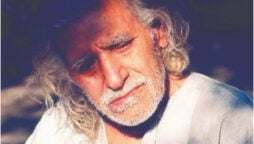

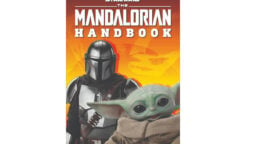
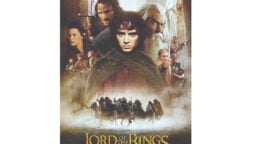
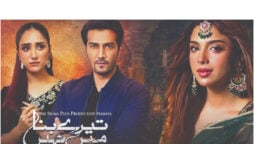


 Read the complete story text.
Read the complete story text. Listen to audio of the story.
Listen to audio of the story.